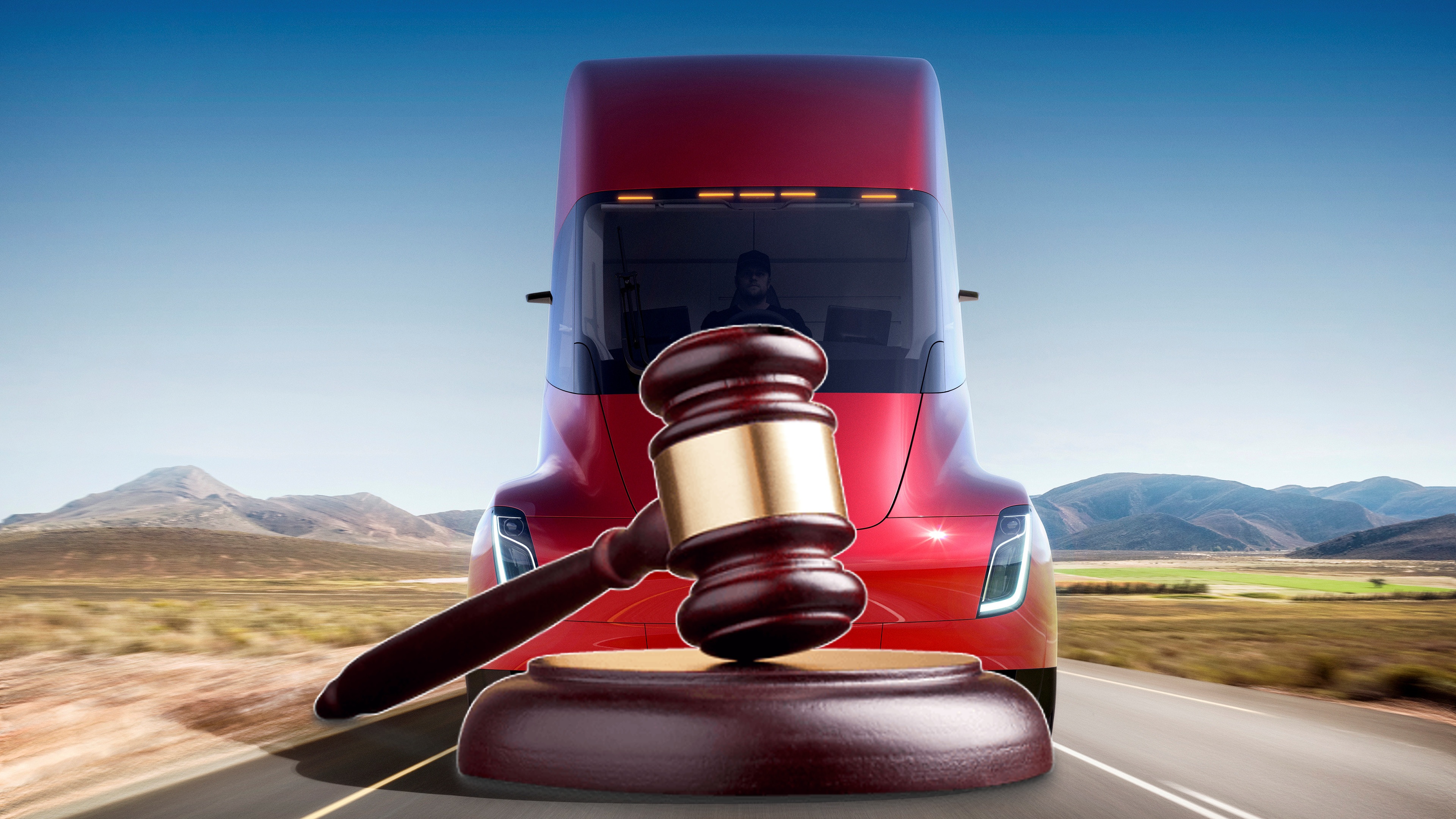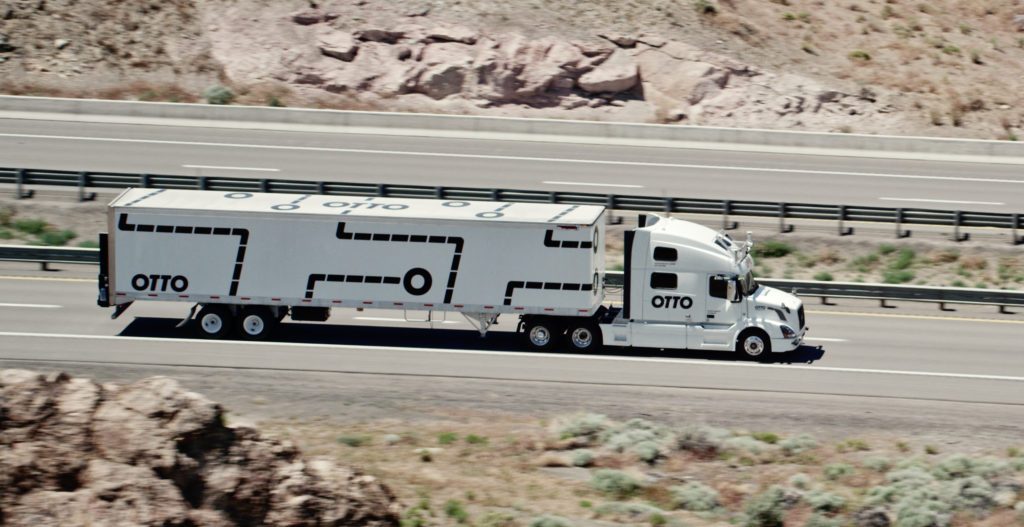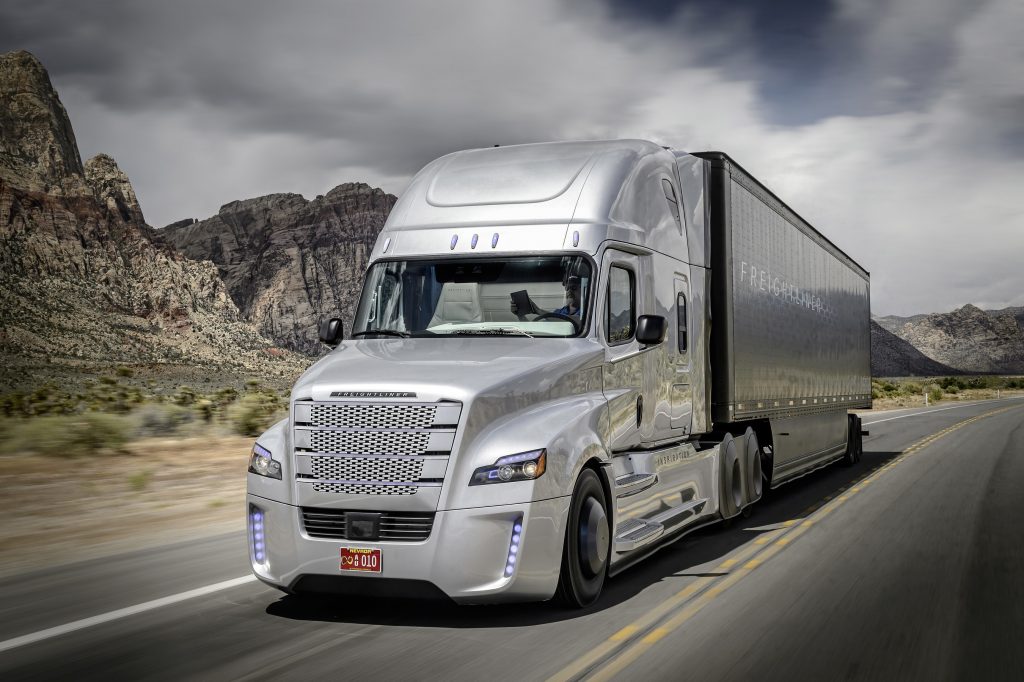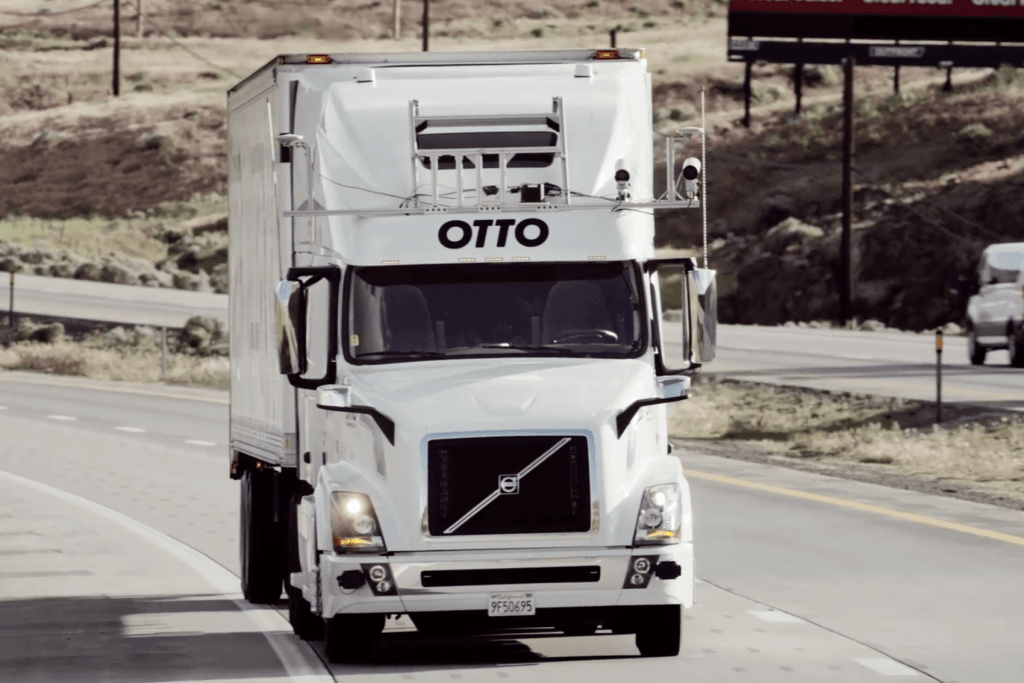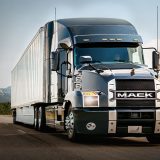Tesla, Otto and other companies have been developing driver-less vehicles for years, with Mercedez-Benz placing a semi-autonomous truck on the road in 2015.
 Tech Leaders Confident but Industry Skeptical
Tech Leaders Confident but Industry Skeptical
Tech leader and financiers alike are confident that self-driving trucks will become the norm as early as the next decade, phasing out around 1.8 million truck-driving jobs and saving the industry an estimated $300 billion.
As for the actual truck drivers and those who analyze the industry, many are surprisingly nonchalant. They’re skeptical that this much-hyped technology has any looming effect.
“I think we’re actually still a pretty long way from that technology being fully baked,’’ said Andrew Lynch, cofounder and president of Columbus, Ohio-based supply-chain company Zipline Logistics. “We’re not even close to prepared for those trucks to function on the highway — a pre-existing system that’s clogged with human drivers.’’
Legal Complications of Autonomous Trucks

Donald Broughton, Principal Managing Partner, Broughton Capital
Enjoying our insights?
Subscribe to our newsletter to keep up with the latest industry trends and developments.
Stay InformedDonald Broughton, managing partner of transportation analysis firm Broughton Capital, said it’s true that self-driving trucks won’t be barreling down the highway in the next five years. But it’s not just because of kinks in the technology: It’s also because of legal complications.
There’s no clear path to suing a self-driving truck that hits and kills those outside of the truck. In 2016, 3,326 passenger vehicle occupants, motorcyclists, bicyclists, and pedestrians died in large truck crashes. About 80 percent of car-truck crashes were caused by the passenger vehicles, not the truck.
In cases where the trucker was at fault, the plaintiff bar might sue the truck driver, the trucking company who hired the driver, and potentially the company who hired the trucking company, Broughton said.
Following current liability laws, the bar cannot sue the freight company who made the equipment.
“If the self-driving truck runs into somebody, there’s no truck driver to sue,’’ Broughton said. “We have to change the liability law to include and indemnify the maker of the truck.’’
AV Start Act
And lawmakers haven’t tried to make the law inclusive of autonomous technology companies. A bill currently pending in Congress, called the AV Start Act, would not allow people who are badly injured while riding a self-driving car to sue the maker of the technology or take part in a class action lawsuit.
Disputes would have to be settled in private arbitration instead, which tends to favor the company over consumers, according to a CNN report.
“The nightmare scenario is that someone is hurt because of a defect and it’s dealt with through a confidential arbitration proceeding that nobody knows about, and then more people are hurt because no one found out about it,’’ said Ed Walters, who teaches robotics law at Georgetown Law and Cornell Tech. “Congress could stick up for the right to sue by prohibiting these kind of clauses, but so far it hasn’t.’’
Trucking Industry Involvement
As for the trucking industry, there’s no law that allows manufacturers to be held responsible for failures in self-driving technology. That could put everyone who drives big trucks in danger, should self-driving freight become the norm.
“Everyone is saying it’s cool technology, without considering the legal component,’’ Broughton emphasized.

